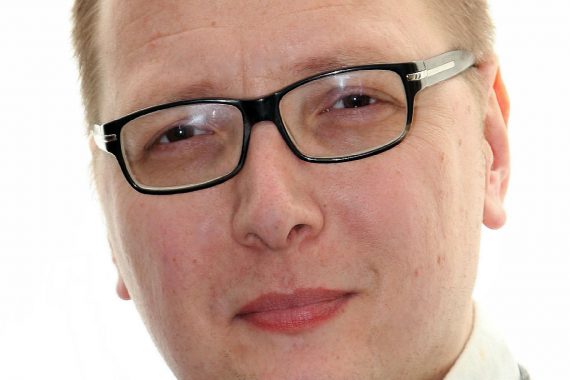A constant cry for help

Rob had been asking for help all of his life. In the most part he received it, of sorts. Not helpful help. Not the sort of help that makes you feel grateful or happy or relieved. Rob got the sort of help that the state provides. It was a ‘one size fits all’ sort of help. Service-centred, not patient-centred.
The help he received was never quite what he needed
In his early life Rob went into care. Helped out of his home by an abusive mother, Rob received help at the hands of the state. He had a roof over his head and was fed, but care wasn’t the same. No longer abused at the hands of his mother, he instead faced bullying from other residents of the home.
As one would entirely expect, Rob had to adapt. Lacking any real love, he became angry and learnt to fight. As his anger grew, his behaviour deteriorated and he started getting into trouble. The more trouble he found himself in, the more negative attention he received. The more negative attention Rob received, the less he liked himself. Perhaps he was worthless, perhaps he would amount to nothing. That’s when the self-loathing kicked in.
Rob asked for help all the time. Yet the help he received was never quite what he needed. He wanted to feel better. Someone in the home suggested cutting. And so, to help himself feel better, he would cut. The more he cut, the better he felt. Initially people would be nice to him and tend to his wounds, but the more he did it the less positive a response he would receive. He was a ‘nuisance’ and an ‘attention seeker’.
All Rob wanted was a safe, loving home and people who cared for him. Real care, not the statutorily obliged care that the system provided. This was the help he needed. Instead, Rob got a psychiatrist. So helped once more, but not in the way he wanted.
Over the years, Rob went on to have a dictionary of diagnoses. At first he was labelled as depressed, and put on medications which just made him feel suicidal. Then came generalised anxiety disorder. Finally he was diagnosed with borderline personality disorder, which he was pretty sure was shrink speech for ‘pain in the backside’. From the menu of medications, Rob had all the courses. Now in his late teens, with a history of mental illness and a fragmented, incomplete education, Rob was sent to face the world.
I’m sure we can all imagine how that turned out. But I’ll tell you all the same. His only qualifications were self-loathing and an ability to fight. There aren’t many jobs where such a skill set is necessary, so he ended up on the streets.
All Rob wanted was help. He wanted to feel better. Someone suggested he tried drinking. So he did, and initially felt better. Extra strength lager and cheap cider soon take their toll, and what was initially a little drink to ‘take the edge off’ became a full blown alcohol problem. When he could afford it, he would drink. When he couldn’t he would withdraw and end up in hospital, detoxed over five days then discharged. The inevitable next stage was prison. The culmination of a variety of small crimes, he ended up with a short custodial term.
All Rob wanted was help. He wanted to feel better. So he asked for it. Someone in prison suggested heroin, and initially it helped ‘take the edge off’. The drug soon dug its claws in, and another addiction formed.
On his release Rob bounced around the streets, psychiatric wards and the criminal justice system. Developing a drug-induced psychosis from a barrage of street drugs, he eventually got sectioned.
The weeks went by. More meds, a methadone scrip and some antipsychotics to ‘take the edge off’.
All Rob wanted was help. He wanted to feel better. So he asked for it. After some time and a little recovery Rob was allowed out of the ward for a few hours of leave. He asked for help and someone held open the door. A short walk took him to the local supermarket where he brought a pack of cigarettes and went for a stroll.
All Rob wanted was help. He wanted to feel better. He asked a passer-by for directions to the train line. He waited patiently for the next train. Just as it approached he stepped out onto the track.
Rob wanted help. He wanted to feel better. Perhaps never feeling again was the best he would ever feel.
Dr Matt Piccaver is a GP in Glemsford, Suffolk
Other writing competition entries
(Winner) Dr Renee Hoenderkamp: ‘I knew I was breaking every rule’
(2nd place) Dr Helen Cotton: My son’s call for help saved me
(3rd place) Dr Richard Cook: ‘I tried to speak, but no words came’
(Under-35s winner) Dr Heather Ryan: Sometimes you need to break rules to be kind
(Runner-Up) Dr Celine Inglis: ‘Being a doctor puts you in a strange position for tragedy’
Pulse July survey
Take our July 2025 survey to potentially win £1.000 worth of tokens












